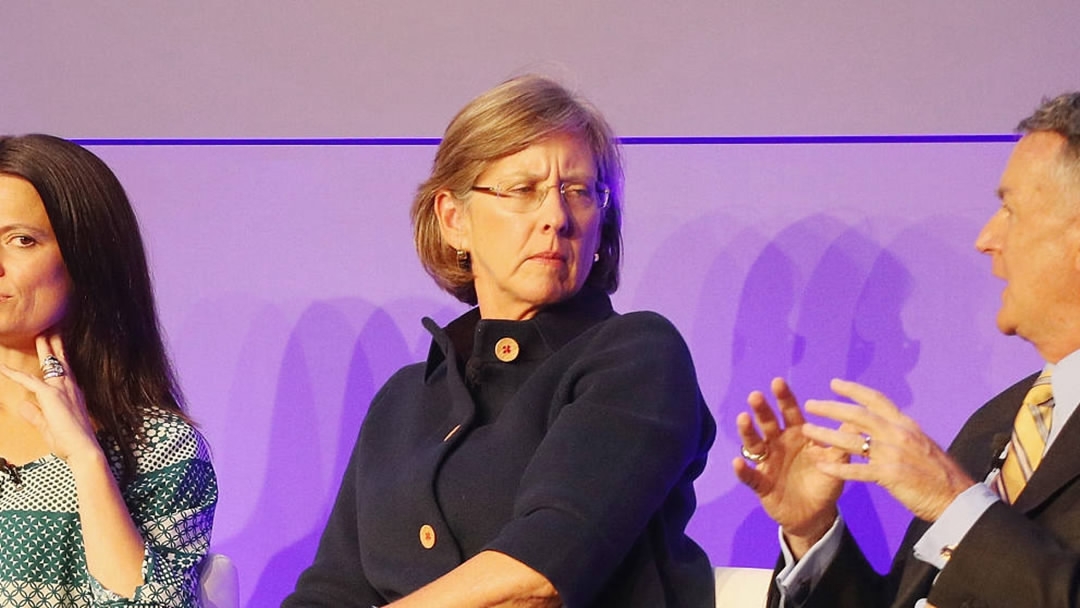
Business
17:00, 18-Jul-2017
Mobile set to surpass TV in China's advertising market

By CGTN’s Zheng Junfeng
Smartphones have become not only communication tools, but also gateways to news and information. Mobile Internet media consumption has now surpassed that of television in China, according to a recent report.
Kleiner Perkins venture partner Mary Meeker, who has published an Internet Trends Report annually since 1995, said in her 2017 report that Chinese people use phones for news more than on TV. It seems watching TV for news is out in China now.

Mary Meeker, venture capitalist. /VCG Photo
Mary Meeker, venture capitalist. /VCG Photo
"China uses more e-commerce than the rest of the world,” said Jeff Kwek, general manager of key accounts and channel business department of Chinese tech giant Tencent. “The digital economy represents 31 percent of China's entire GDP, one of the highest in the world."
Chinese smartphone users spend over 55 percent of their time online on Tencent, which empowered the company's mobile advertising business with a whopping 67 percent annual income growth to over four billion yuan (about 592 million US dollars) last year.
"You can actually watch a video and the video has an advertisement and you can click and go to Jingdong to buy with WeChat payment. So you can do all that in no more than three minutes. With this ecosystem, the time spent and data we have, marketers will like that," said Kwek.
Advertising groups such as Dentsu Aegis Network also followed the trend. The company’s president at Amplify China, Tsuyoshi Suganami, said the firm has placed mobile at the center of its marketing activity.
"The mobile phone is different from the big screen, so we need to think about how the consumer feels about timing and occasion. So the native ads and news ads are becoming the center. And you need to utilize all the data," noted Suganami.

VCG Photo
VCG Photo
Research on US mobile marketing showed that spending on mobile advertising lags behind consumer consumption. Therefore, as long as consumers stay on their phones, advertising would quickly follow.
"If people are using mobile devices, collecting information using mobile devices, and they are willing to pay a price for the mobile devices for their convenience, yes, advertising has to go mobile sooner or later. You just have to pay more attention to formats, timing, location, all these details," said Xiang Yi, associate professor of marketing at China Europe International Business School.

SITEMAP
Copyright © 2018 CGTN. Beijing ICP prepared NO.16065310-3
Copyright © 2018 CGTN. Beijing ICP prepared NO.16065310-3